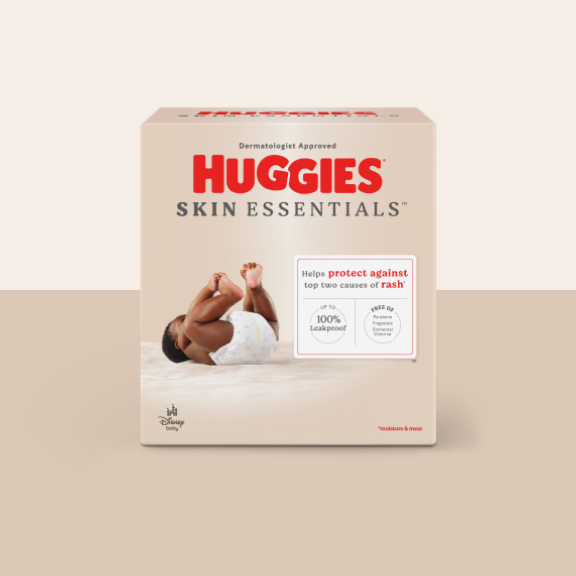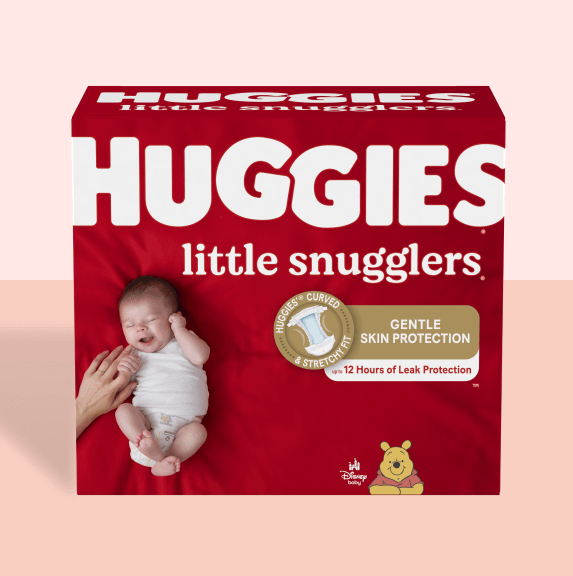Let's go shopping
Your physical changes this week
The increase in your overall blood volume may cause you to have that pregnancy "glow" which everyone talks about. Those pesky pimples which have plagued you for the last few weeks are hopefully improving, making way for a clearer complexion.
You won’t need to dash to the bathroom quite so frequently from week 12 onwards. Your uterus is lifting up and out of your pelvis, giving your bladder some room to fill with more than a small amount of urine. You may even be able to feel the top of your uterus poking up from the just above your pubic bone. When you’re lying flat on your bed and have a full bladder can be the best time to feel it.
Your emotional changes this week
You may find yourself more relaxed and at ease from week 12 on. The risk of miscarrying is significantly reduced, and many feel this is the ideal time to let others know they’re expecting a baby.
You could still be a bit weepy and more sensitive than usual. Strollers, other pregnant women, babies, and even soft fluffy animals can be enough to start a fresh flood of tears. Turn off the television if you find those diaper ads a bit too much to bear.
Honey, where are you?
It’s perfectly safe to continue to have sex throughout pregnancy, unless you’re at risk of placental complications, premature labor, or your membranes have ruptured. In fact, many women say that they have never felt more sensual, have had an increased sex drive, or have enjoyed sex more than when they’re pregnant. Others worry that the baby could be hurt in some way. Don’t worry. Your baby is well protected by a thick plug of mucous covering your cervix and the amniotic fluid is acting as a buffer to all that pushing and thrusting. Your baby has its eyes shut, until around the 7th month at least.
Your baby's changes this week
Your baby is moving all the time, kicking and stretching, twisting and turning. But because it is still so small and your uterus is only just at the top of your pelvis, you still won’t be able to feel it moving. As your baby gets bigger and starts pressing against your uterine wall, you will be able to feel its movements clearly.
This week your baby's bone marrow is starting to produce its own white blood cells. These are the infection fighting cells which will help it to stay well and healthy.
Between weeks 12-18 is a major, critical period in your baby's brain development. Alcohol, tobacco, or drugs used now can have long-term effects on your baby. This is also when your baby's pituitary gland starts working and manufacturing hormones.
Your baby's placenta is now doing the all-important work in filtering oxygen and nutrients to assist your baby to grow.
This week, your baby can suck her thumb. her eyelids will fully cover her eyes, so they are well protected.
Your baby's intestines start contracting and relaxing, so they get in lots of practice for healthy digestion when they’re born. Baby’s first bowel movement is called meconium and serves as an important sign. Learn more about meconium and other baby poop.
Hints for the week
Think about writing a letter to your baby. Although this may sound silly, it is something you’ll both look back on in the years to come. This is an exciting time and although it seems like it will last forever, you’ll be surprised how quickly it goes.
Become familiar with foods which could cause you or your baby to become sick. Listeria is a food-borne illness which is very risky to pregnant women and their babies. Foods you need to avoid eating include soft cheeses such as camembert or brie, raw seafood and sushi, pate, ready-made salads, and cold delicatessen meats. Raw meat is also dangerous, and you’ll need to be very careful about your general kitchen and food handling hygiene. Check the Food and Drug Administration’s Listeria from Food Safety for Moms to Be for more information.
Roll on to Week 13
The information of this article has been reviewed by nursing experts of the Association of Women’s Health, Obstetric, & Neonatal Nurses (AWHONN). The content should not substitute medical advice from your personal healthcare provider. Please consult your healthcare provider for recommendations/diagnosis or treatment. For more advice from AWHONN nurses, visit Healthy Mom&Baby at health4mom.org.










